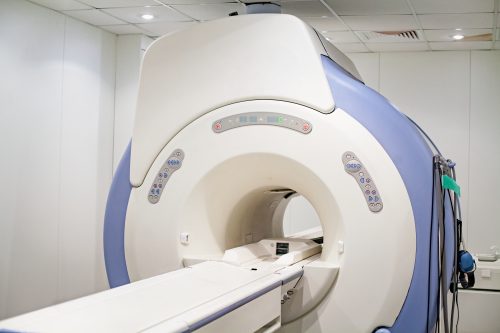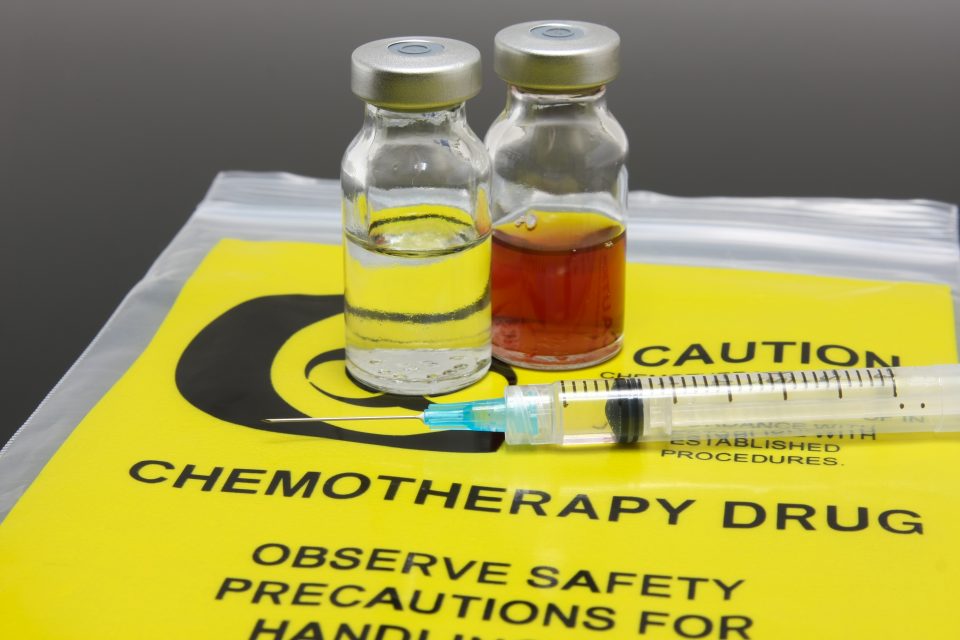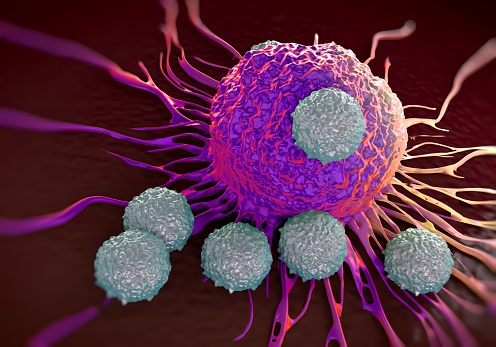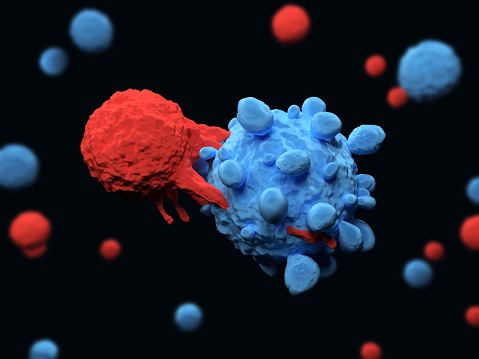
Increased body mass index (BMI) is typically associated with a risk of estrogen receptor (ER)-positive postmenopausal breast cancer. This risk is also elevated in women with a normal BMI who have excess body fat; this may be driven by breast white adipose tissue inflammation (WATi), which is associated with elevated aromatase levels and systemic metabolic dysfunction (e.g., hyperinsulinemia).
Research presented at the 2019 ASCO Annual Meeting found that measuring body fat is superior for predicting obesity-related breast inflammation, which has been shown to promote obesity-related breast cancer.
The study researchers collected non-tumorous breast tissue from women undergoing mastectomy for breast cancer treatment or prevention. Breast WATi was detected by the presence of crown-like structures in the breast, which are composed of a dead and dying adipocyte surrounded by CD68+ macrophages. Body composition was measured prior to mastectomy via dual energy X-ray absorptiometry. Participants also disclosed their exercise habits prior to surgery via the Godin Leisure Time Exercise Questionnaire.
Between April 5, 2016, and August 31, 2018, 100 patients were enrolled (median age = 49 years; range = 29-82 years). Breast WATi was present in 56 women (56%) and was associated with elevated BMI and body fat levels, breast adipocyte hypertrophy, postmenopausal status, metabolic syndrome, and decreased physical activity (P<0.05).
Among 39 women with a normal BMI, breast WATi was present in 14 (36%) and was associated with elevated body fat levels, breast adipocyte hypertrophy, dyslipidemia, and decreased physical activity (P<0.05). There was no statistically significant association between BMI and breast WATi in participants with a normal BMI. Menopausal status and total fat mass had greater sensitivity and specificity for the detection of breast WATi compared with a BMI-based model (area under the curve = 0.843 vs. 0.779).
Reference
Iyengar NM, Gucalp A, Zhou XK, et al. Improving risk assessment of obesity-associated breast cancer. Abstract #1544. Presented at the 2019 ASCO Annual Meeting, Chicago, IL, June 3, 2019.







 © 2025 Mashup Media, LLC, a Formedics Property. All Rights Reserved.
© 2025 Mashup Media, LLC, a Formedics Property. All Rights Reserved.